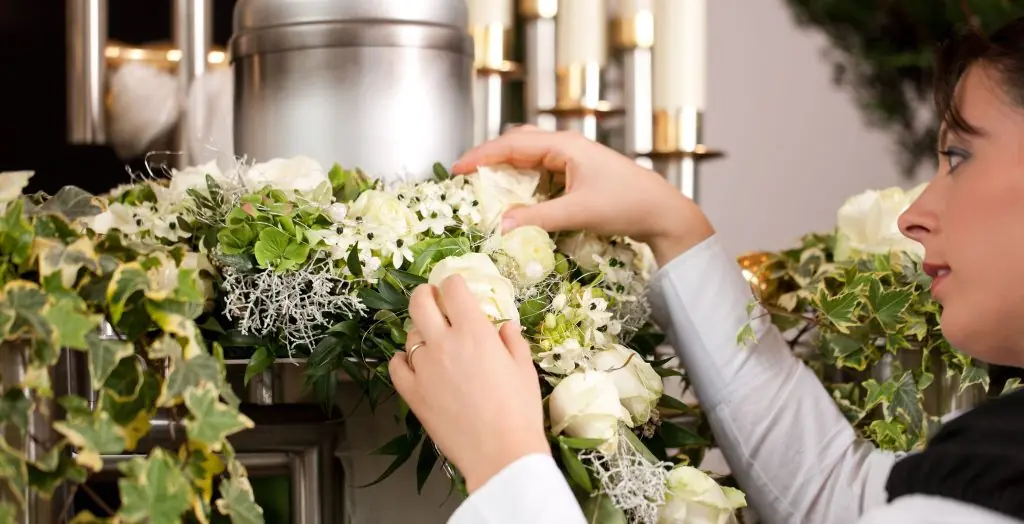
Funerals and cremations are deeply rooted in human culture and have been integral to honouring, remembering, and saying goodbye to our loved ones for centuries. Yet, despite their long-standing significance, there are numerous myths and misconceptions surrounding these practices.
It’s crucial to debunk these misconceptions to ensure that individuals make informed decisions when planning funerals or cremations. This blog will explore some common myths and set the record straight, focusing on Swanborough Funerals—a reputable funeral service provider.
Funerals and Cremations: A Matter of Final Farewells
Funerals and cremations play an essential role in acknowledging the passing of a loved one. They provide an opportunity for friends and family to come together, share their grief, and celebrate the deceased’s life. However, misconceptions often lead to confusion and apprehension about these processes. Let’s delve into some of these myths and debunk them.
Myth #1: Funerals are Only for Religious People

One common misconception is that funerals are exclusively for the religious. In reality, funerals are a universal practice serving both religious and secular purposes. While many funerals incorporate religious rituals, they can also be entirely secular and focused on celebrating the deceased’s life. It’s about respecting the individual’s beliefs and preferences.
Swanborough Funerals, like many modern funeral homes, offers various services that can be customised to align with the religious or non-religious beliefs of the deceased and their family. They understand that funerals are a way to honour and remember the deceased, regardless of their religious affiliations.
Myth #2: Cremation is Irreversible
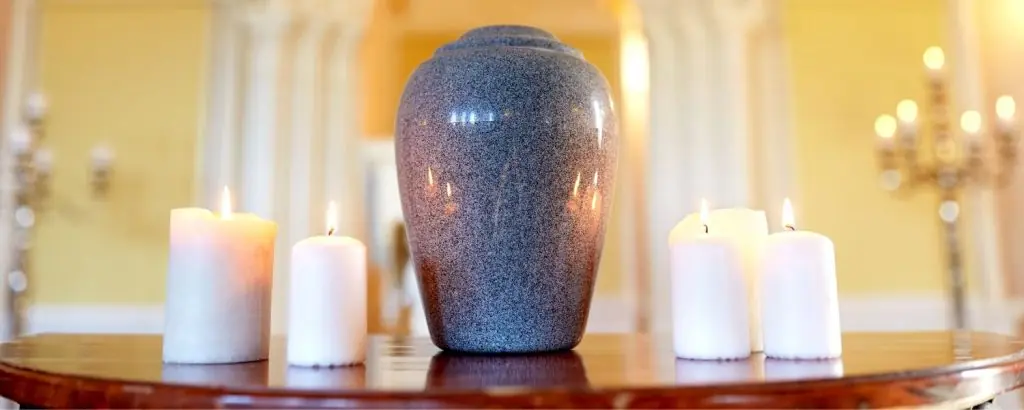
Cremation is a process in which the deceased’s body is reduced to ashes, but this does not mean all traces of their existence are obliterated. Some people fear that cremation is an irreversible process that makes visiting a loved one’s final resting place impossible. However, this is not the case.
After cremation, the ashes, also known as cremains, can be placed in an urn and kept in a location of the family’s choosing. It’s common for cremains to be placed in a cemetery, a columbarium, or even scattered in a place that holds special significance to the deceased. This means there’s still a special spot where family and friends can come to remember and show their love, just like in regular burials.
Swanborough Funerals provides various options for the placement of cremains, allowing families to find a fitting and personalised solution.
Myth #3: Funerals and Cremations are Expensive
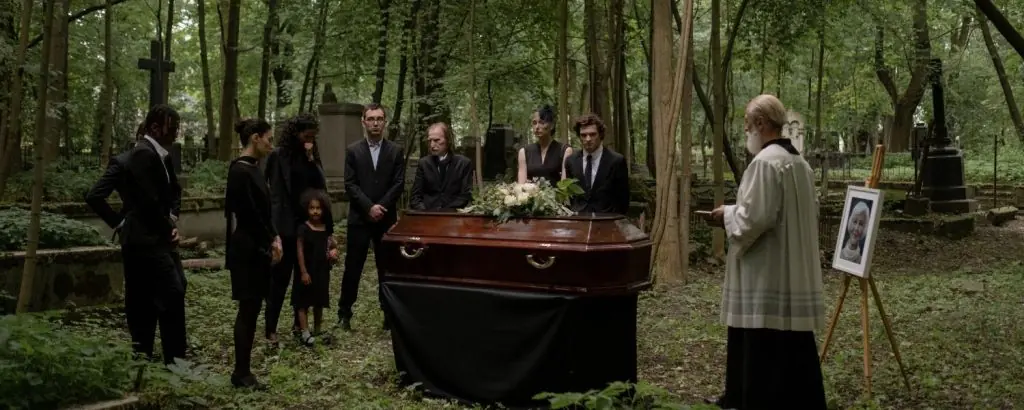
Another prevalent myth is that funerals and cremations are prohibitively expensive. While it’s true that some fancy funerals can be expensive, there are also less expensive choices you can consider. Swanborough Funerals, for example, offers a range of funeral packages to accommodate various budgets.
They work with their clients to ensure they receive a service that aligns with their financial constraints while maintaining the dignity and respect that every deceased individual deserves.
Furthermore, it’s essential to remember that the cost of funerals and cremations can be mitigated by planning. Pre-planning and pre-paying for funeral services can help reduce financial burdens on the family, as they can make decisions based on a clear budget.
Myth #4: Cremation is Environmentally Harmful

Cremation is sometimes criticised for its perceived environmental impact, with concerns about emissions and resource consumption. However, it’s crucial to acknowledge that modern cremation processes have become more environmentally friendly in recent years.
Many crematoriums, including those used by Swanborough Funerals, have adopted advanced technology to reduce emissions and energy consumption.
Cremation can also be a more eco-friendly choice when compared to traditional burials, which require embalming fluids, caskets, and land use.
Myth #5: Funerals Must Be Traditional
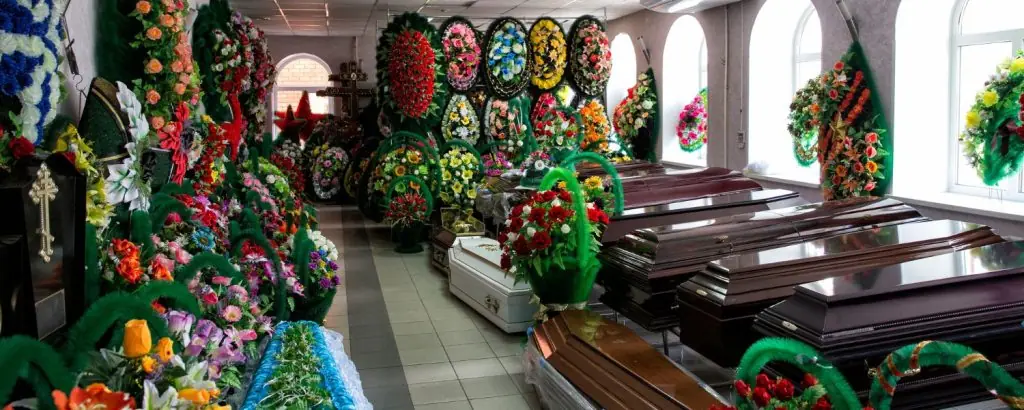
In many societies, following traditional ways is valued. However, it’s important to know that there isn’t just one right way to do funerals that works for everyone. A funeral can be as traditional or as unique as the family desires.
Swanborough Funerals recognises the importance of personalisation and offers various options for customisation, from the choice of music and readings to the design of the service.
Funerals can be a beautiful way to celebrate the uniqueness of the individual and their life, incorporating personal touches that reflect their hobbies, interests, and values.
Myth #6: Cremation Precludes a Funeral Service
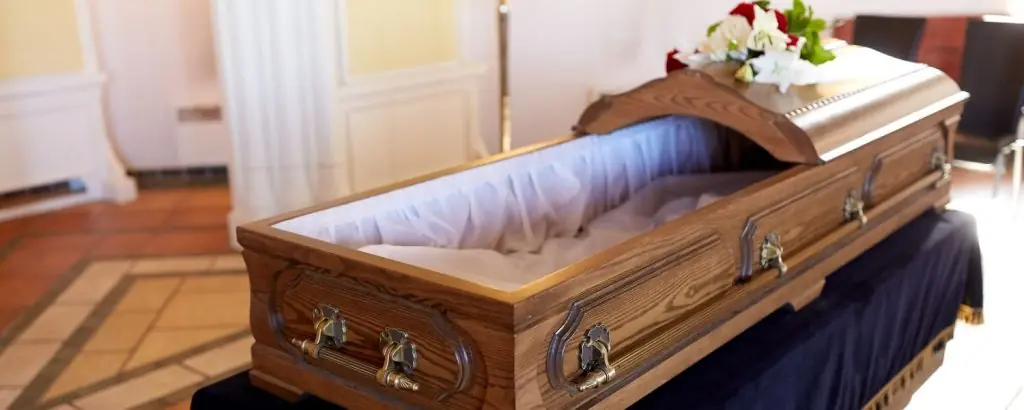
Another misconception is that cremation precludes holding a traditional funeral service. However, this couldn’t be further from the truth. Families can choose to have a funeral service before or after cremation.
Pre-cremation services typically involve a casket, visitation, and a traditional ceremony, while post-cremation services may involve the placement of the urn and a memorial ceremony.
Swanborough Funerals is experienced in coordinating both types of services and can assist families in creating a meaningful and personalised farewell for their loved ones.
Myth #7: Funerals are Solemn Occasions Only
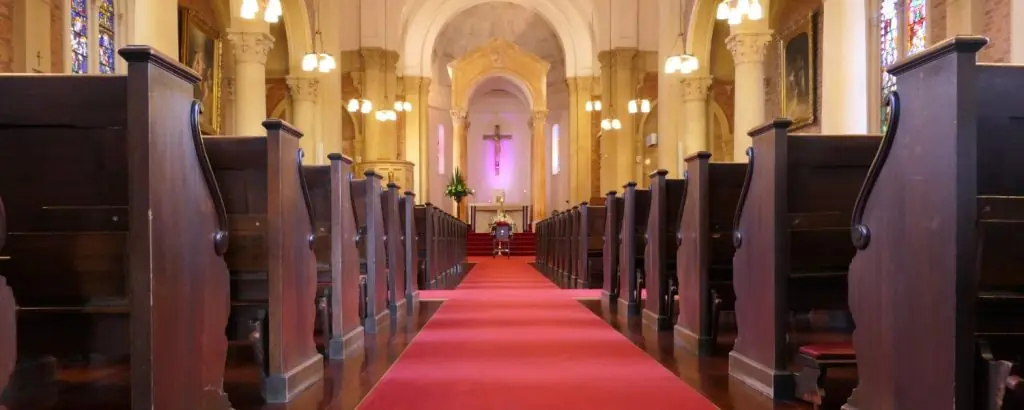
Funerals are often associated with sadness and solemnity, but this is not the only way to approach them. Funerals can also be occasions of celebration, where the focus is on remembering the joy and happiness that the deceased brought to people’s lives.
Swanborough Funerals recognises that a funeral can be a mix of emotions. They help families strike the right balance between grieving and celebrating the life of the departed, ensuring that the service reflects the individual’s personality and the wishes of their loved ones.
Myth #8: Cremation is Irreligious
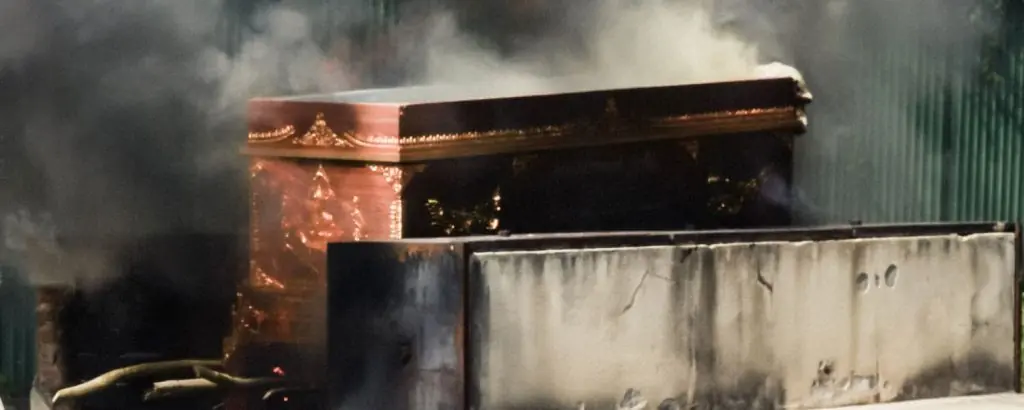
Some individuals believe that cremation is contrary to their religious beliefs. While this may be true for some religious denominations, it’s essential to note that many religious groups accept cremation. For instance, Hinduism, Buddhism, and some Christian denominations allow for cremation as long as it is conducted respectfully and following specific customs.
Swanborough Funerals is familiar with the various religious and cultural practices and can assist families in arranging a service that aligns with their beliefs and values.
Myth #9: Funerals Must Happen Immediately
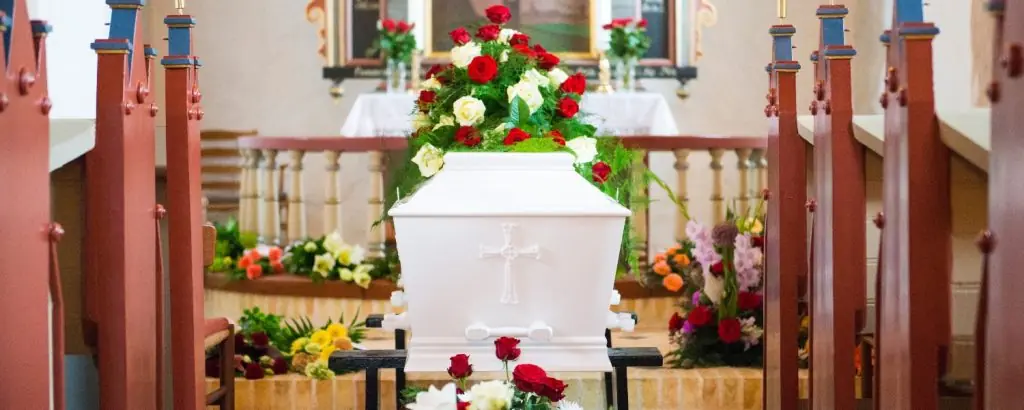
There’s a misconception that funerals must take place immediately after a person’s passing. In reality, there is no strict timeline that must be followed. The timing of a funeral or memorial service can be flexible and dependent on the family’s needs and preferences.
Swanborough Funerals offers pre-planning services, allowing individuals to outline their preferences for the timing of their funeral so their loved ones clearly understand their wishes.
Myth #10: Cremation Means the Absence of a Final Resting Place
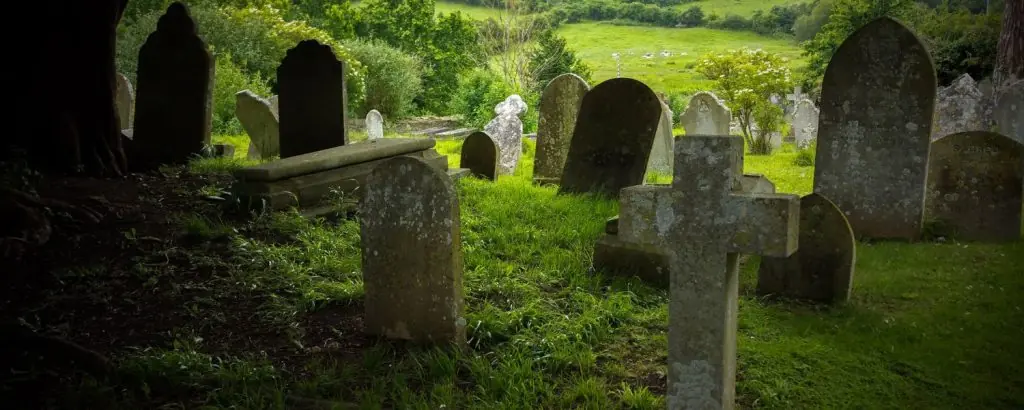
Some people believe that cremation means the deceased has no final resting place. As mentioned earlier, this is not true. Cremains can be placed in urns and stored in various locations, including cemeteries, columbaria, or even scattered in a meaningful location.
Swanborough Funerals assists families in choosing an appropriate resting place for the cremains, ensuring a dedicated spot for loved ones to visit and pay their respects.
Conclusion
In dispelling these myths surrounding funerals and cremations, it is evident that a wealth of options is available to individuals and families. Swanborough Funerals exemplifies the importance of personalised and respectful services, catering to their client’s diverse needs and preferences.
By understanding the truth behind these misconceptions, individuals can make informed decisions regarding honouring their loved ones’ lives and legacies. Funerals and cremations, far from being rigid or restrictive, can be uniquely tailored to celebrate the individuality and cherished memories of those who have passed on.
 "/>
"/>
